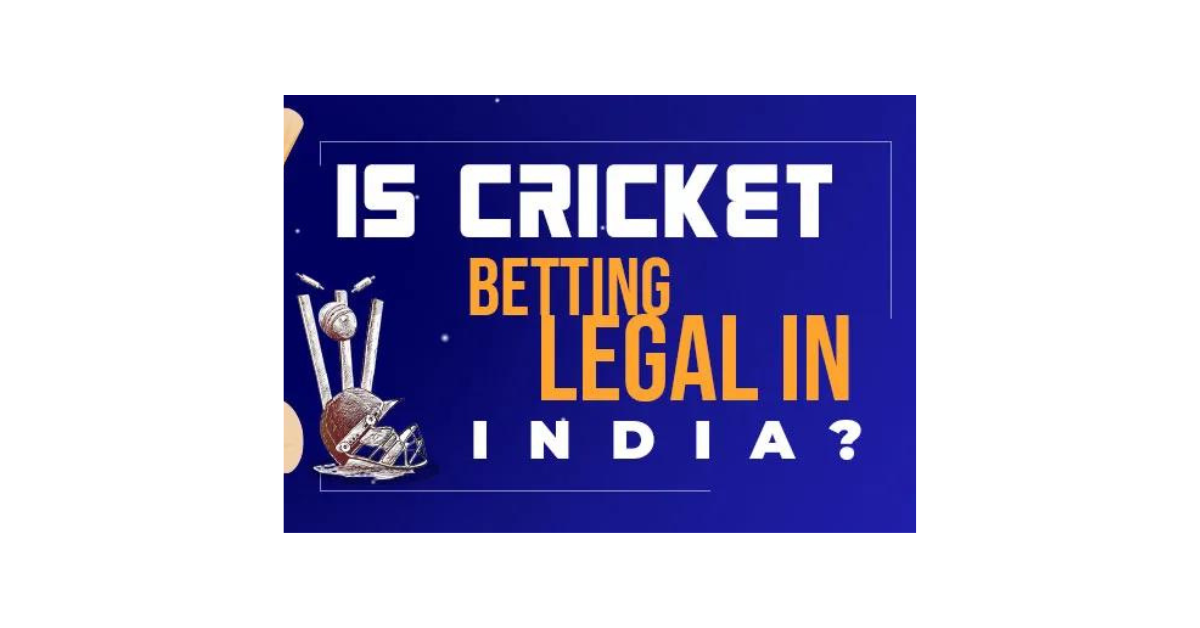Betting Laws in India regarding Cricket
In India, betting on cricket remains firmly regulated by the central government under the Public Gambling Act of 1867. The act specifically prohibits betting on games of chance and luck, classifying it as illegal throughout the country. However, the law allows for some exceptions such as horse racing and lotteries.
Since cricket holds a revered status in India, the government has taken stringent measures to curb any unlawful betting activities surrounding the sport. The introduction of online betting platforms has added a layer of complexity to the enforcement of these laws, requiring continuous monitoring and regulation to ensure compliance with the established legal framework.
Different Forms of Betting on Cricket in India
In India, the landscape of cricket betting offers a variety of forms for enthusiasts to engage in. One popular form is match betting, where individuals can place bets on the outcome of a specific match, such as which team will win or which player will score the most runs. Another common type is over/under betting, which involves predicting whether the total number of runs, wickets, or other statistics in a match will be above or below a set benchmark.
Furthermore, prop betting, also known as proposition betting, provides a chance to wager on specific events within a match, like whether a particular player will hit a century or how many runs will be scored in a specific over. Additionally, live betting has gained popularity, allowing bettors to place wagers in real-time as the match progresses, providing a dynamic and interactive betting experience for cricket fans.
Regulatory Authorities overseeing Betting in India
The regulatory landscape of betting in India is overseen by various authorities at both the national and state levels. These regulatory bodies play a crucial role in ensuring that betting activities are conducted in a fair and transparent manner, while also safeguarding the interests of the stakeholders involved. One of the key national authorities that oversee betting in India is the Ministry of Finance, which is responsible for formulating and implementing policies related to gambling and betting activities in the country.
At the state level, each state has its own set of laws and regulatory bodies that govern betting activities within its jurisdiction. For instance, states like Goa and Sikkim have legalized certain forms of gambling and betting activities under the respective state laws. Additionally, regulatory bodies such as the state police and gaming commissions are responsible for monitoring and regulating betting operations to prevent any unlawful activities and protect the integrity of the betting industry.
Historical Perspective on Betting Laws in India
Betting on cricket in India dates back to colonial times when the British introduced the sport to the country. Initially, betting was a common practice among the British officials and elites. However, as the popularity of cricket grew among the Indian masses, so did the prevalence of betting on matches.
The early 19th century witnessed the formalization of laws regarding gambling and betting in India. The Public Gambling Act of 1867 was one of the first legislative measures to address the issue of gambling in the country. Despite efforts to regulate betting activities, the laws were often loosely enforced, leading to a thriving underground betting market in India.
Challenges Faced by Legalizing Betting on Cricket in India
Legalizing betting on cricket in India faces several challenges. One of the main concerns is the potential rise in match-fixing and corruption within the sport. The fear is that legalizing betting could provide more opportunities for individuals to manipulate the outcomes of matches for personal gain, thus tarnishing the integrity of the game.
Additionally, there are worries about the social implications of legalizing betting on cricket. Critics argue that making betting legal could lead to an increase in gambling addiction among the population. This could have adverse effects on individuals and society as a whole, leading to financial troubles and other related issues.















